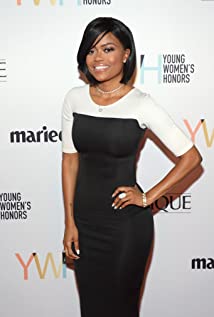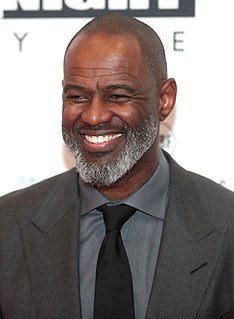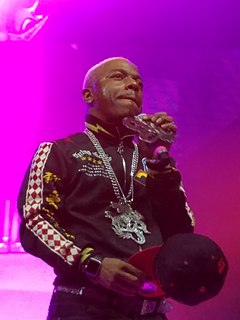A Quote by Keanu Reeves
Abstract expression is so solid, so successful and recognizable, but there's a mystery about the artists that goes into it, a fetishism about the artists themselves and who they were.
Quote Topics
Related Quotes
When I first came to New York, in the '70s, artists were certainly divided about the Andy Warhol persona, and about the work. I thought it was utterly cool - I thought the Factory was utterly glamorous - but there were a lot of artists I really admired and respected who were older that kind of dismissed it, couldn't get it, and felt that there was a lack of seriousness about it.
The artists always reflect the times, so there's a lot to think about, a lot of unknowns, a lot of things that are describable. This is the closest I've seen to the kind of ambience that made the '60s happen. It's not about the artist having a responsibility to do anything. They have to be artists and express themselves and everything will work out fine.
Back in the day, even if they were singing about the same things, each artist was unique. That's why I try to stay away from the big-name producers, so I can prove that it's not about the producer, it's about the artist. A lot of R&B artists have gotten away from being artists and are just chasing after the next hot producer and it all starts to sound the same.
I think the entrepreneurial activities that make art visible and attractive are what lure people into the amusement park that SoHo has become or that Bushwick or Williamsburg has become. It's not that outsiders come to an area because they hear artists are living there. A lot of people came who were not that interested in living with artists, but they were interested in living like artists and socializing the way that they thought artists socialized.




































